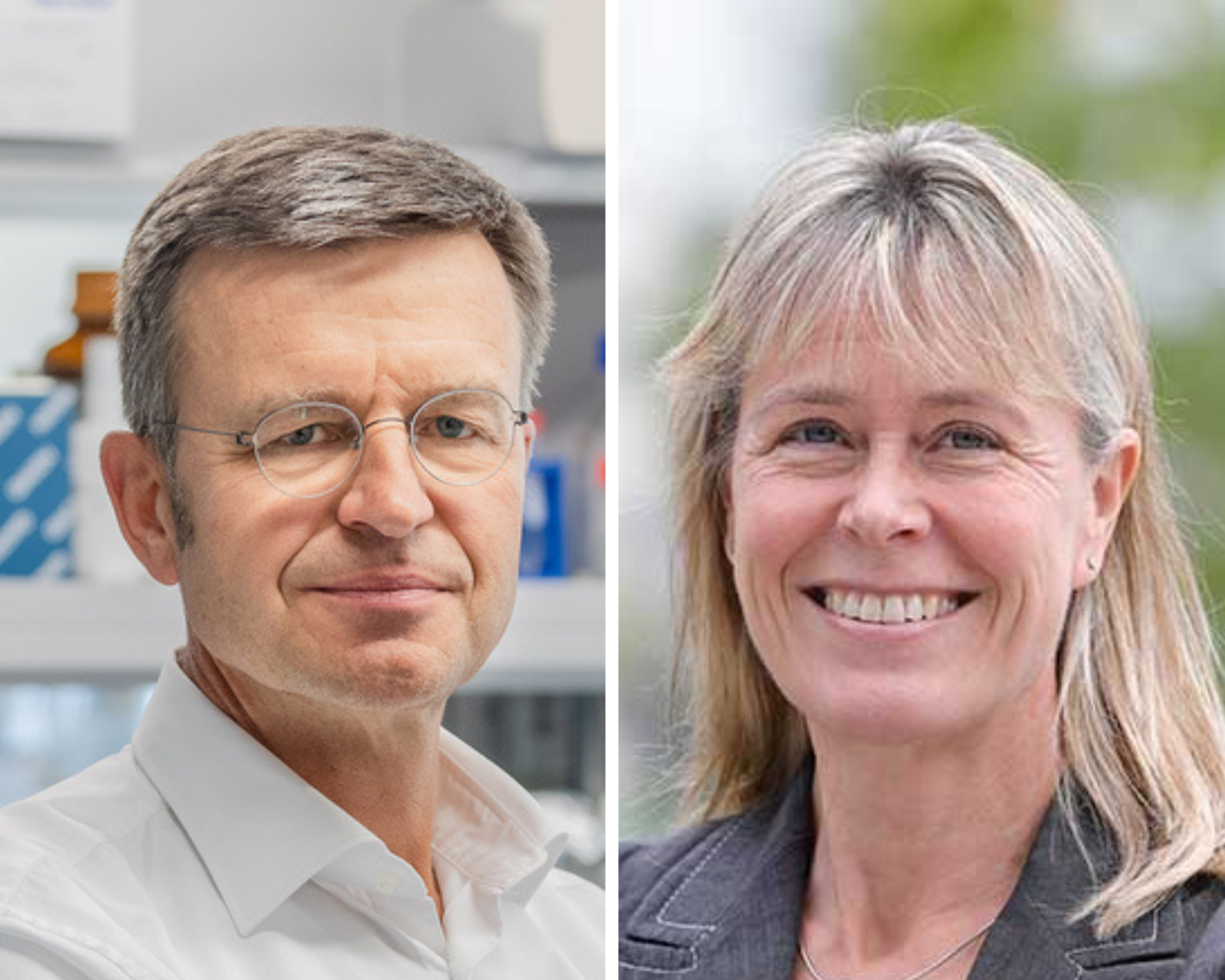The DFG's Collaborative Research Centres (SFB) are among the most important research funding programmes in Germany. They enable demanding and long-term research projects that involve various disciplines. The spokesperson of the Transregional SFB (TRR 267) , in which partners cooperate supraregionally, is Professor Stefan Engelhardt from TUM. He is Principal Investigator at the DZHK. Co-speaker is DZHK Board Spokesperson Professor Stefanie Dimmeler from Goethe University Frankfurt.
Prof. Enrico Schleiff, President of Goethe University, congratulated the researchers: "The outcome of TRR 267 is great: In the completely new field of investigating non-coding RNAs as potential active agents, the scientists have identified numerous of these ncRNA molecules as target structures for cardiovascular drugs and have provided evidence for their therapeutic usability. The further funding as TRR 267 enables them to further advance the establishment of this completely new substance class for cardiovascular drugs and thus open up completely new therapeutic paths. In terms of research strategy, TRR 267 complements the work in our Cluster of Excellence Cardiopulmonary Institute to elucidate the molecular basis of cardiovascular and pulmonary diseases."
RNA are messenger molecules that encode genetic information for the production of proteins. Meanwhile, these RNA are used as therapeutic substances, for example in the form of vaccines. Interestingly, scientists are finding more and more RNA molecules that are not used directly for the production of proteins, but perform an astonishing variety of other tasks. Many of them regulate processes in the cell, such as microRNA, others can form three-dimensional structures and serve as enzymes or switches for cellular processes. Non-coding RNAs also play a significant role in diseases of the cardiovascular system and could be used therapeutically.
Other partners besides the TU Munich and the Goethe University Frankfurt are the Ludwig-Maximilians-University Munich, the Georg-Speyer-Haus in Frankfurt, the Hannover Medical School, the Max Planck Institute for Heart and Lung Research in Bad Nauheim and Helmholtz Munich.
To the website of the Collaborative Research Centre "Non-coding RNA in the Cardiovascular System" (TRR 267)
Sources: Press releases of the TU Munich and the Goethe University Frankfurt (in German)


